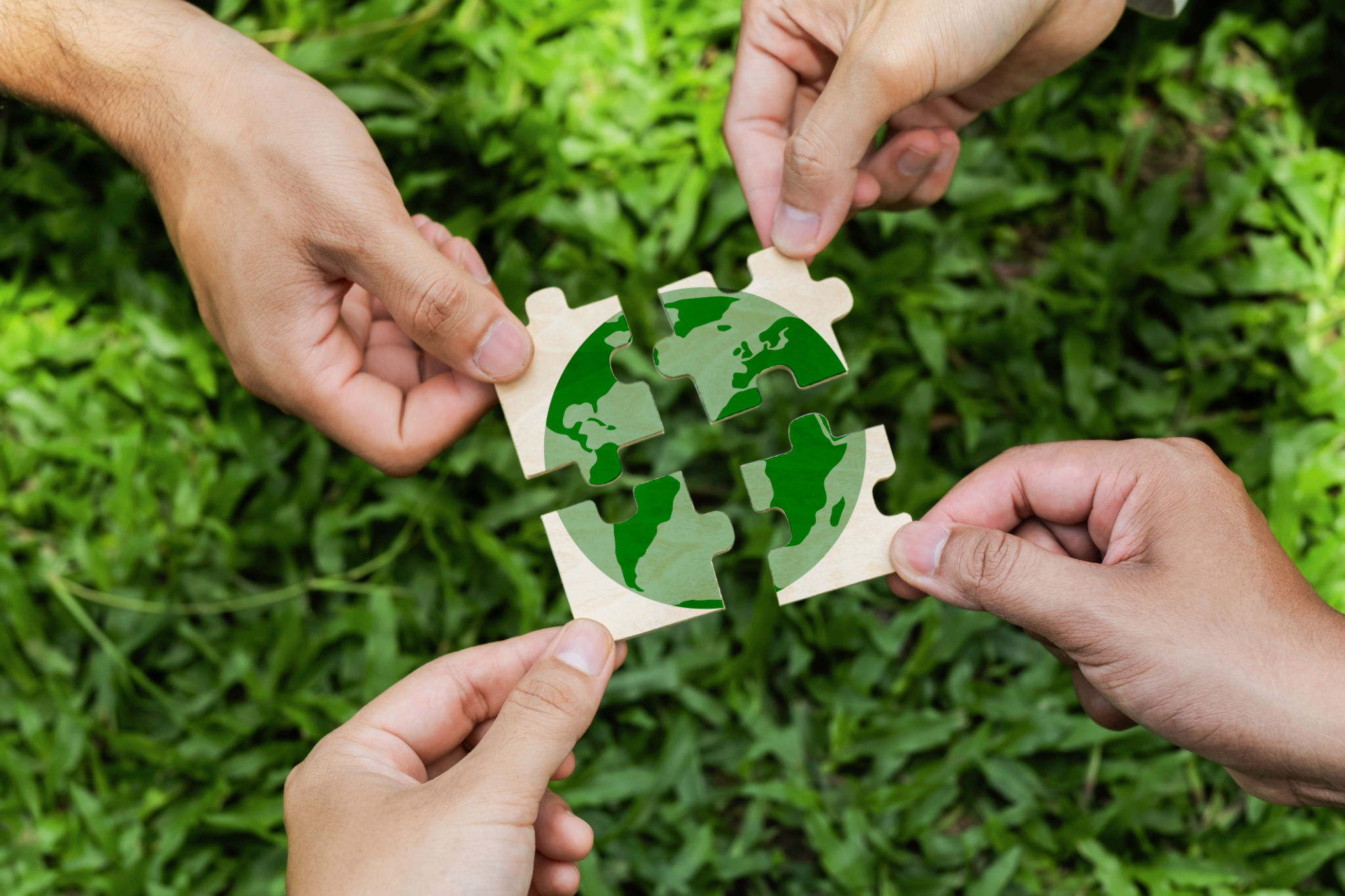The Benefits of Living Toxin-Free: Health and Environmental Impacts
The Importance of Living Toxin-Free
In today's fast-paced world, we often overlook the impact of toxins on our health and the environment. Adopting a toxin-free lifestyle can lead to significant improvements in our well-being and contribute to a healthier planet. By eliminating harmful substances from our daily lives, we can enjoy numerous health benefits and help preserve the ecosystem.
Living toxin-free involves making conscious choices about the products we use, the foods we eat, and the environments we inhabit. This lifestyle change is not only beneficial for individuals but also for communities and future generations. By understanding the advantages of a toxin-free life, we can make informed decisions that promote sustainability and wellness.

Health Benefits of a Toxin-Free Lifestyle
One of the most significant advantages of living toxin-free is the positive impact on our health. Reducing exposure to toxic substances can help alleviate allergies, skin irritations, and respiratory issues. Many toxins found in household products and foods can disrupt hormonal balance and lead to chronic diseases such as cancer or autoimmune disorders.
By choosing organic foods, natural cleaning products, and non-toxic personal care items, we reduce our body's toxic load. This can lead to increased energy levels, improved mental clarity, and a stronger immune system. Additionally, a toxin-free lifestyle often encourages healthier eating habits and increased physical activity, further contributing to overall well-being.

Environmental Impacts of Reducing Toxins
The benefits of living toxin-free extend beyond personal health; they also have a profound impact on the environment. Many toxins found in pesticides, plastics, and industrial chemicals can harm wildlife and damage ecosystems. By choosing eco-friendly products, we reduce pollution and minimize our carbon footprint.
Adopting sustainable practices such as recycling, composting, and supporting green businesses can significantly decrease the amount of waste that ends up in landfills and oceans. This helps protect biodiversity and ensures that natural resources are preserved for future generations.
Practical Steps to Transition to a Toxin-Free Life
Transitioning to a toxin-free lifestyle may seem daunting at first, but it can be achieved through small, manageable changes. Start by evaluating the products you use daily and replacing them with safer alternatives. Look for certifications such as USDA Organic or EcoCert when purchasing food and personal care items.
Create a toxin-free home by using natural cleaning agents like vinegar, baking soda, and essential oils. Reduce plastic usage by opting for glass or stainless steel containers, and be mindful of the packaging when shopping. Educate yourself about the ingredients in your products and opt for those with minimal or no synthetic chemicals.

Community Benefits of Toxin-Free Living
As more individuals embrace a toxin-free lifestyle, communities as a whole can experience positive changes. Local markets often flourish as demand for organic and natural products increases. This shift supports local farmers and businesses that prioritize sustainable practices.
Furthermore, community health improves as fewer people suffer from pollution-related ailments. Schools and workplaces that adopt toxin-free policies create safer environments for children and adults alike. By fostering a culture of health and sustainability, communities can thrive economically and socially.
Conclusion: A Healthier Future for All
Living toxin-free offers numerous benefits that extend beyond personal health to include environmental preservation and community well-being. By making informed choices and adopting sustainable practices, we contribute to a healthier planet and a brighter future for generations to come.
Embrace the journey towards a toxin-free life by taking small steps today. The collective impact of individual actions can lead to meaningful change, promoting a healthier world for everyone.

